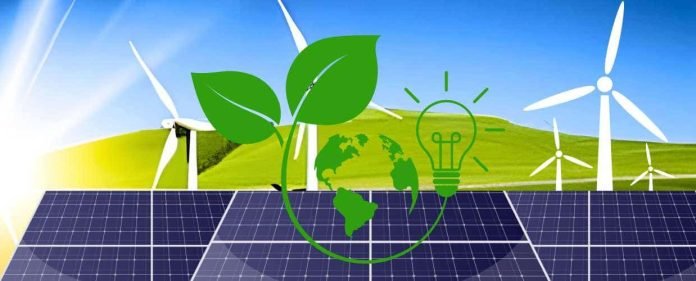As we stand at a critical juncture in our planet’s history, clean energy has emerged as a technological pursuit and a moral obligation to safeguard the environment and secure a livable future for generations to come. The global momentum toward transitioning to clean energy sources is not just a trend but a transformative shift that warrants our unwavering attention.
Clean energy, often synonymous with renewable energy, encompasses a range of sources such as solar, wind, hydro, and geothermal power. Unlike fossil fuels that pollute our air and contribute to climate change, the energy sources generate electricity with minimal environmental impact and zero greenhouse gas emissions. This transition to sustainable energy is not merely a luxury but a necessity, as the consequences of unchecked climate change loom more significant by the day. The transition to clean energy has far-reaching benefits. From a climate perspective, clean energy plays a pivotal role in mitigating the warming of our planet.
Reducing carbon emissions can slow down the detrimental effects of climate change, preserving fragile ecosystems and averting catastrophic weather events. On an economic front, the clean energy sector has become a burgeoning industry, offering significant job opportunities and economic growth. Renewable energy technologies create manufacturing, installation, maintenance, and research employment, invigorating local economies and fostering innovation. As governments and corporations commit to cleaner energy solutions, they demonstrate their dedication to sustainable practices and pave the way for a more resilient global economy.
However, the transition to clean energy is challenging. Infrastructure development, technological advancements, and policy reforms are essential to drive this shift at the required scale. Research and development investments are vital to optimize energy technologies and make them more accessible and affordable. Governments, corporations, and individuals must collaborate to overcome obstacles and ensure a smooth transition that benefits both people and the planet. In the face of these challenges, progress is being made. Advances in solar panel efficiency, wind turbine design, and energy storage solutions are transforming the clean energy landscape. The growing investment in battery technology addresses intermittency issues associated with renewable sources, making clean energy more reliable and compatible with the demands of modern society.
In conclusion, pursuing clean energy is not just a technological revolution but a moral imperative. Our collective responsibility to preserve the environment, mitigate climate change, and promote economic prosperity necessitates a decisive shift from fossil fuels. The transition to clean energy is a journey towards a brighter, more sustainable future that holds promise for future generations.



